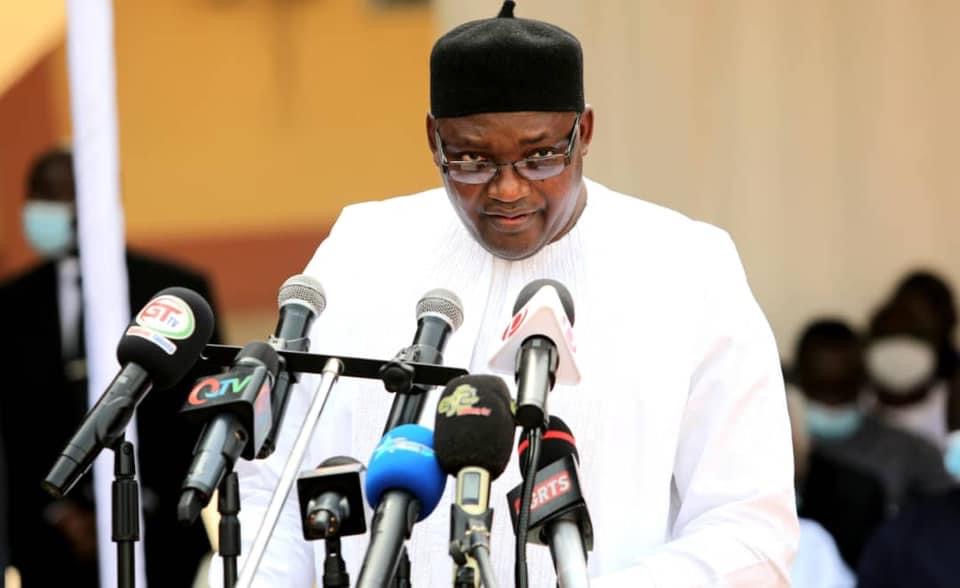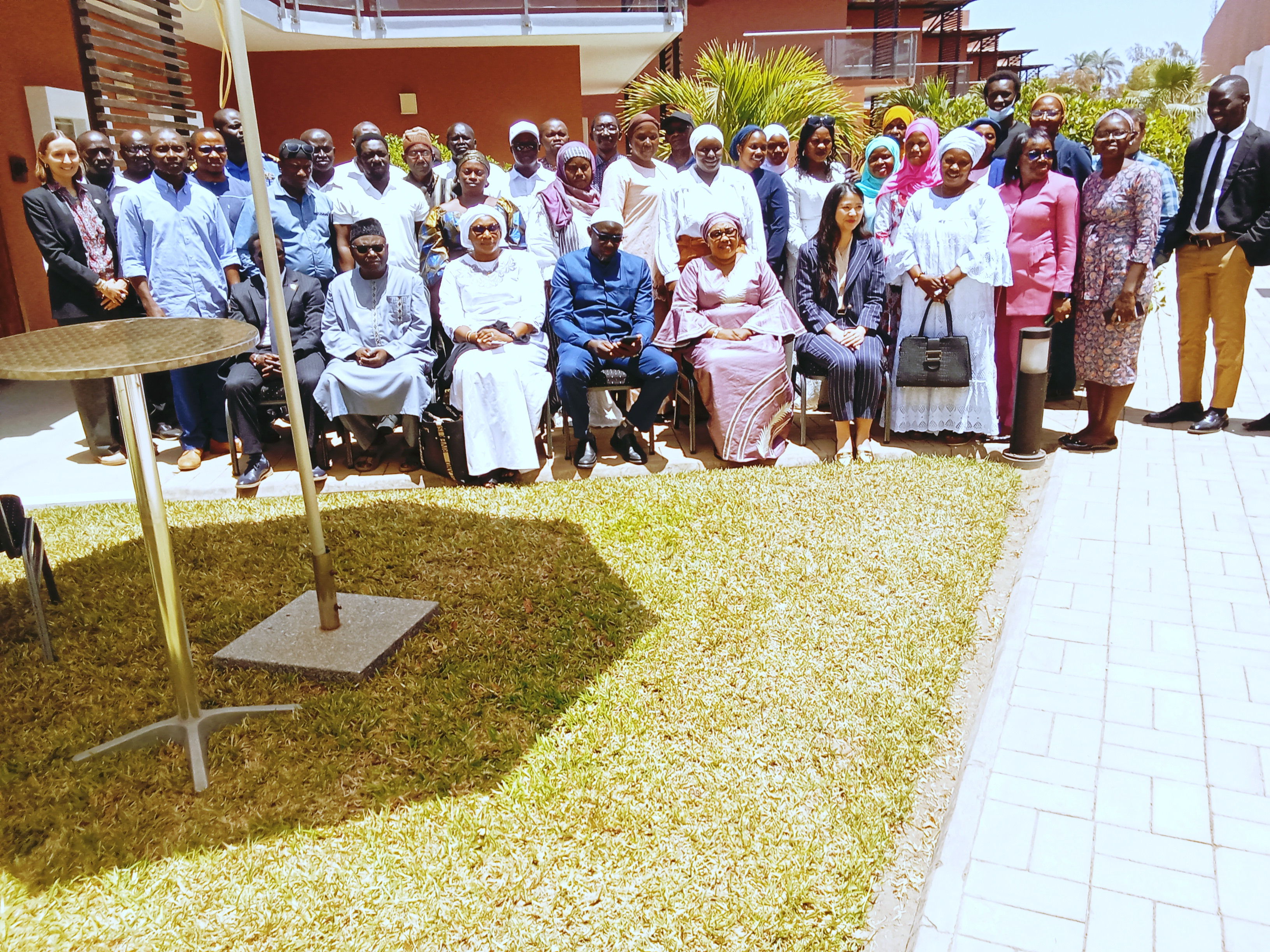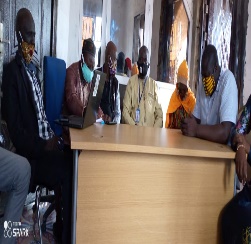The Gambian leader Adama Barrow has said the country’s youths will be employed and trained to operate newly launched tractors.
President Barrow who was speaking at the launching of the 50 KR2 tractors and equipment’s at Yundum on Monday .
“In this model, youths will be employed and trained to operate the tractors and provide services, such as plough, sowing and harvesting, to the farming communities across the country. In order that the services are readily accessible, designated service centres will be established in each region, where tractors and accessories will be stationed. Hopefully, in the future, more competent private players will be invited and a fleet of tractors put under their management,’ he said.
He said dedicated maintenance teams of the Agricultural Engineering Service Unit and regional mechanics with mobile maintenance units will ensure proper usage and maintenance of the machines.
“The handing-over ceremony of these much-needed agricultural vehicles and equipment is quite timely, noting that our agriculture sector has embarked upon a transformation programme of modernising and mechanising crop and livestock production and processing. This is explicitly captured in the National Development Plan and reflected in the second-generation Gambia National Agriculture Investment Plan, Food and Nutrition Security.
“KR was pioneered as a rural development strategy targeting developing countries. It focuses on commercializing agriculture to effectively enhance production and productivity, specifically targeting under-privileged farmers. With the KR2, it is implemented in the form of selling quality Japanese rice at a subsidized price for under-privileged Gambian farmers. The proceeds are deposited in a special account at the Central Bank of The Gambia and invested in relevant short- or medium-term projects to boost the production and productivity levels of crops and livestock value chains. More importantly, these projects seek to improve food security, uplift income statuses and reduce hardship for rural women farmers,” he added.
According to him, his government’s drive to achieve these objectives was formulated by the agriculture sector and supported by “our friends, the Government of Japan, fifty (50) tractors and accessories were procured.”
“As part of the project, I have noted the sustainability plan developed in the form of a business module, with the private sector taking centre stage. Wisely, it is premised on lessons learnt from previous agricultural projects in which equipment and materials procured and distributed to farmer groups served for a shorter while than expected. In most cases, this was due to inappropriate use and mismanagement. This time around, a Public Private Partnership model has been developed, through which twenty tractors will be allocated to and managed by a competent private individual. The remaining thirty will be operated and managed, initially, using the ploug team model,” he continued.
Meanwhile, in February, ten tractors and accessories were allocated to Maruo Engineering based on a Memorandum of Understanding (MoU). The arrangement provides hired services for farmers in the Central River Region, adding “I am pleased to say that, within a span of two months, from March 2nd to May 2nd, a total surface area of one thousand, seven hundred (1700) hectares was cultivated in the region. “
He said: “It is important to note further that not only did the Government give loans to farmers for plough services, but also reduced the cost by thirty percent (30%). Appreciatively, the MoU operations and maintenance arrangement has yielded over One Million, Seven Hundred Thousand Dalasis (D1.7 million) within these two months, with much efficiency and customer satisfaction. The profits realised will be utilised to procure more equipment to give organised youth cooperatives and other private players matching grants or loan models.”





